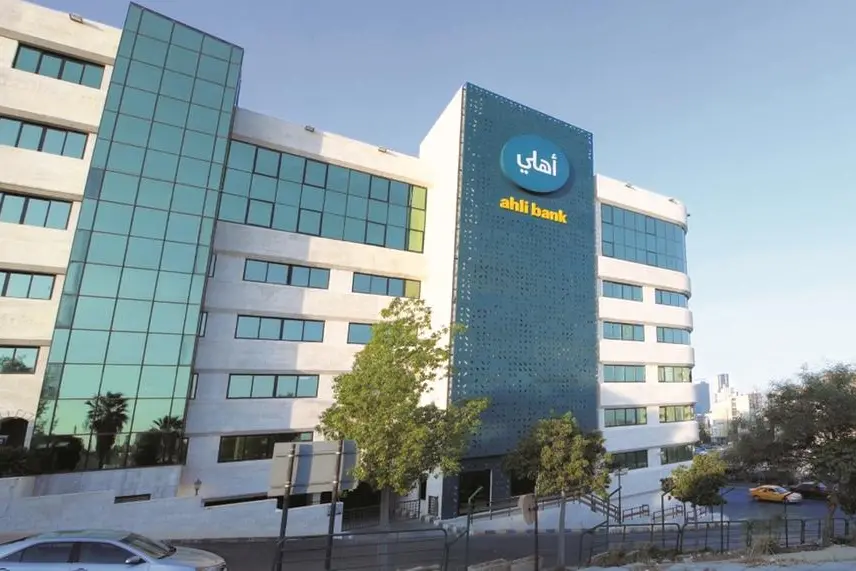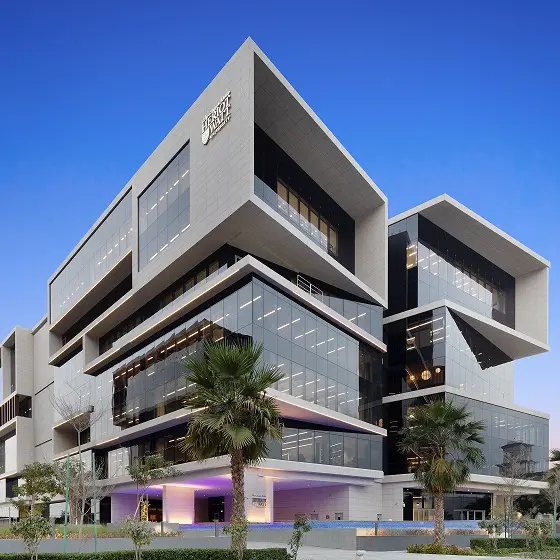PHOTO
Jordan Ahli Bank announced the release of its fourth sustainability report in both Arabic and English Languages, which highlights its performance during the years 2020 and 2021, as it was prepared in accordance with the Global Reporting Initiative standards (GRI- Global Reporting Initiative) the core option, believing in the importance of its economic, social and environmental impacts to stakeholders as it supports its goals of maintaining transparency and creating a more positive impact in society.
In this regard, the Chairman of the Board of Directors, Saad Nabil Mouasher said: This report documents our sustainability journey over the last five years, during which we have worked to focus our efforts towards placing sustainability at the heart of our business and operations and in our roadmap, as it is of strategic importance to us. Despite the repercussions of the pandemic period, we remain committed to conducting our business responsibly and sustainably and will work to enhance this in the long term.
Commenting on the release of the report, the Bank’s CEO/General Manager, Mohammad Musa Daoud, said: “The report reflects our continuous efforts to integrate sustainability and environmental, social and governance considerations into our main operations, in line with the Jordan National Vision 2025 and the Global Reporting Initiative (GRI) standards.” the Sustainable Accounting Standards Board (SASB), and the United Nations Sustainable Development Goals (UN SDGs).
Daoud added that we are committed to engaging stakeholders in our sustainability approach, because we believe that their participation plays a key role in supporting the Bank in achieving its strategic objectives and that our success as a financial institution is achieved through the continuous pursuit of achieving the maximum value for them, so we have worked on updating the materiality matrix to determine that their needs and aspirations to ensure that they are served with the highest standards. During the past period, we have witnessed some challenges due to the repercussions of the Coronavirus and its effects on the health, social and economic sectors, and despite all of that, we were able to successfully overcome difficulties, especially in light of our continuous pursuit to achieve our vision of shared prosperity and advancing sustainable development in the Kingdom. The previous epidemic period also demonstrated the success of our business continuity management plans, which led to reducing the impact of this crisis on our operations and services.
The report provides a comprehensive overview of the sustainability framework and the Bank's achievements, through which we highlighted many topics, the most prominent of which were the identification of 15 material topics of economic, environmental and social sustainability based on the GRI standards, and the Board of Directors was formed for the period 2021-2025 taking into account gender diversity and the importance of women’s participation in leadership positions, recalling that the percentage of the female workforce in the bank is higher than the average of the banking sector with 35.23%, and more than 6 million digital transactions have been completed through the bank’s electronic channels, and the launch of the ahli Bank mobile application developed through the latest KONY's global platform, in addition to the launch of the "Ana Meen" application to verify digital identity, ahli Bank was the first institution int the Arab World to join the Fortune’s Change the World List, in addition to the fact that the bank's employees have achieved more than 20 professional certificates in different domains related to the information technology and supportive businesses.
During this period, the Bank’s community investments focused on supporting the Kingdom’s efforts to address the repercussions imposed by the Corona pandemic, and despite these challenges, the bank’s volunteering program witnessed an increase in the total volunteering hours for the year 2020 by 30%, as many of them turned into remote opportunities in adaptation with the circumstances at the time, within the framework of the Bank's strategy for social responsibility and a translation of the values of social solidarity and citizenship on the ground.
The Bank is always looking forward to the post-pandemic stage, while ensuring the continuation of its work responsibly following the highest standards, enhancing performance, and investing in innovation to achieve a more sustainable development impact.
-Ends-




















